As summer draws to a close, there is a tendency to let go of the reins and sink into nothingness. And while that may seem like the best thing to do at the moment, it is usually only a short-term solution to regaining balance. As the glow of relaxation fades, the need to get moving begins. But before you do that, have you taken the time to think? What feels good and what doesn’t? What works and what doesn’t? What do you need and what can you let go of? And most importantly, where are you going to focus your attention again? Are you going to fall back into the busyness that you can so quickly return to? Or are you going to be more conscious of yourself and your time?

Contribution by Siebe Hannosset / Intermittent Living Expert, NLP Master Practitioner & Lifestyle Architect
Instagram | LinkedIn | www.kpnibelgium.com
We will help you get started with a number of Intermittent Living tools, which are also included in the Intermittent Living Course :
• Sleep and biorhythm: the importance of light.
• Breathing: an activating exercise to start your day well.
• Cold stimuli: one cold shower keeps the doctor away.
• Fasting and exercise: a golden combo.
• Master your mindset: intention and gratitude.
1. What happens in our bodies when the seasons change (from summer to fall)?
The days are getting shorter, the light intensity of the sun is decreasing and the sun is rising later. This affects our biological clock, which can become disrupted in the fall. Our biological clock is mainly regulated by the hormones cortisol and melatonin.
Cortisol is a hormone that is produced in the morning and during the day and ensures that you start the day feeling rested and energetic.
Melatonin is a hormone that is produced in the evening and ensures that you fall asleep and have a good night's sleep. When the days are shorter, some people produce more melatonin, which makes them sleepy quickly.
2. What can we do for our physical and mental well-being to enter autumn and winter well? Which Intermittent Living tools can we integrate during these periods?
- Cold stimuli. A cold shower in the morning is an ideal kick-start to your day. In addition to the happy substances endorphins, cortisol is also released, which gives you a real energy boost. It also helps you deal better with the cold, so you don't have to keep turning the heating to 22°C, a nice bonus with the sky-high energy prices.
- Exercise. Preferably early in the morning, so that you can surf the energy wave that is released all day long. If you are prepared to wait to eat until after your workout, the fasting exercise also ensures that you have more stable blood sugar levels that day.
Result: less energy dips.
- Breath. Our breathing is crucial and determines not only our health, but also how we feel. A fun activating breathing exercise to get through the day with energy and a positive mindset is intermittent hypoxia where you breathe in and out deeply 30 times, followed by a maximum exhalation apnea... In addition, this exercise also reduces inflammation, a nice bonus in a society where low-grade chronic inflammation is the basis of most of our lifestyle diseases.
- Light. The days are also getting shorter and there is less strong sunlight, but that does not mean there is no sun. Go outside early in the morning. There is relatively much 'blue' in the light. Blue light inhibits the production of the sleep hormone melatonin, which makes you feel less sleepy and optimizes your biorhythm. Conversely, you want to avoid blue light as much as possible in the evening. So read a book, play a board game, or connect with your partner instead of binge-watching on Netflix, or scrolling through social media all evening looking for…
3. During the autumn and winter period we are faced with many temptations; preferring to sit under a blanket on the couch with Netflix than to exercise and all the sweet and tasty things that are tempting us from the shelves in the supermarkets... how can we best stay focused to stay in a healthy rhythm?
By not giving in to our intuition. Granted, our modern society contains many temptations and our preferences for sweet, salty, and lazy are increasingly being filled by increasing comfort. But if you want to be strong and grow old healthily, it is important to have a clear identity . Determine who you want to be. Which behavior fits your desired identity? Set goals and in this way making choices becomes easier.
4. How can we create a positive mindset to get through the fall and winter? By defining your goal(s) clearly. What do I want to do every day to be the person I want to be?
By small experiences of success, and naming them positively for yourself. What positive feeling does that cold shower give you? How wonderful does it feel to move for 20 minutes in the morning? The peace and relaxation you experience when you consciously work on your breathing?
5. What is your golden tip during this period of shorter, darker and colder days?
Focus on the best possible biorhythm.
Make it dark and disconnect in the evening. This means as little artificial light and blue light as possible. This means not eating too late in the evening, and certainly not eating sugary food because that has a negative effect on your melatonin production.
Kickstarting in the morning and generating energy. This means seeking light, through sun or artificial light. This means breathing actively. This means moving. This means taking a cold shower.
Your brain, your body and your mindset will thank you.

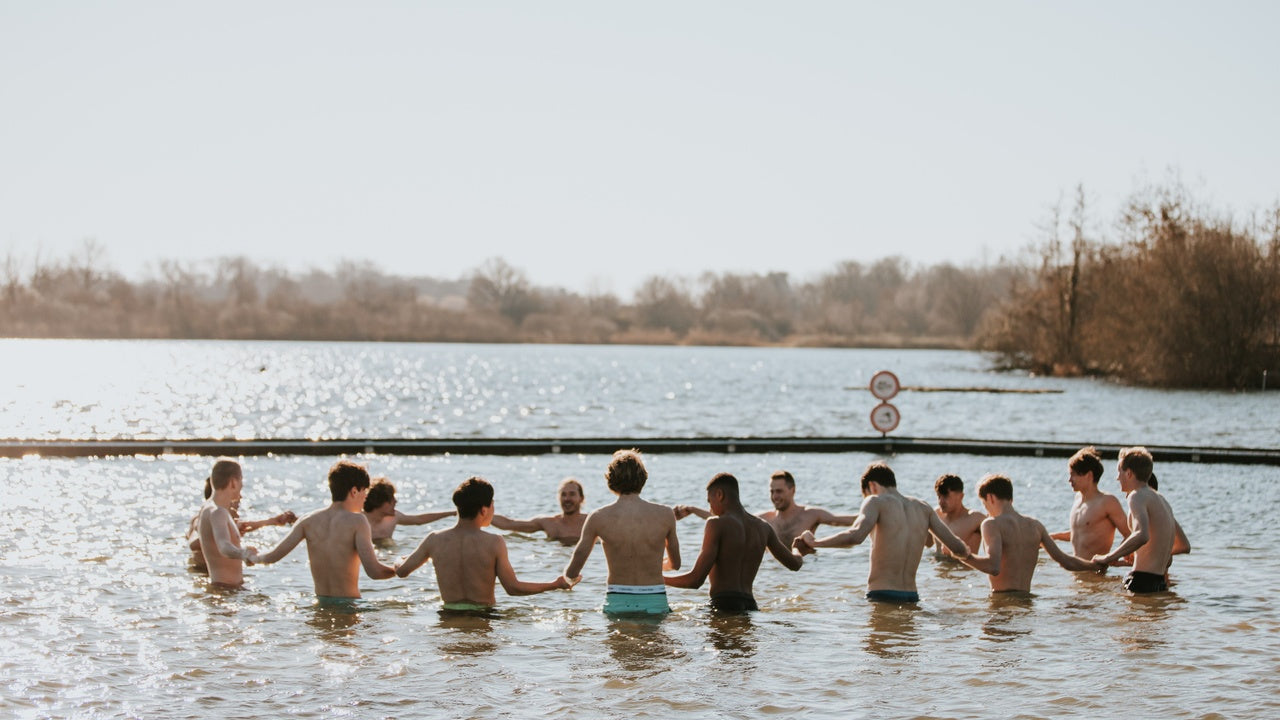
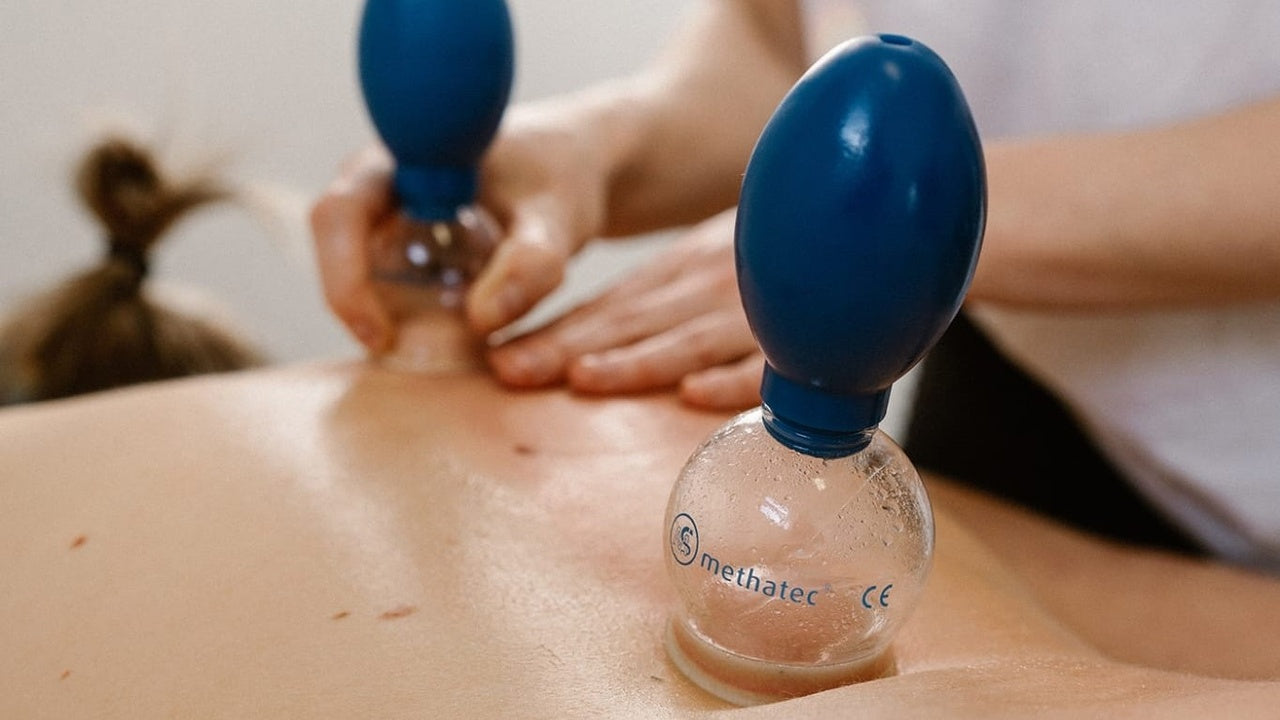
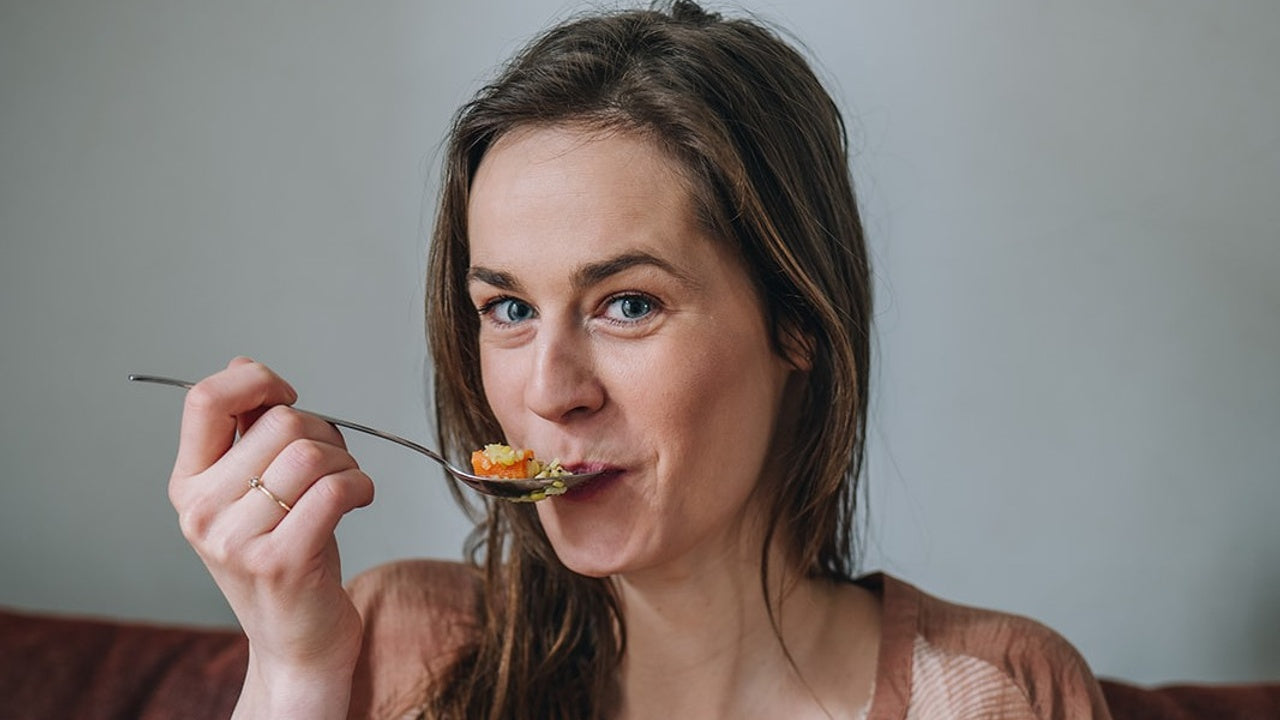
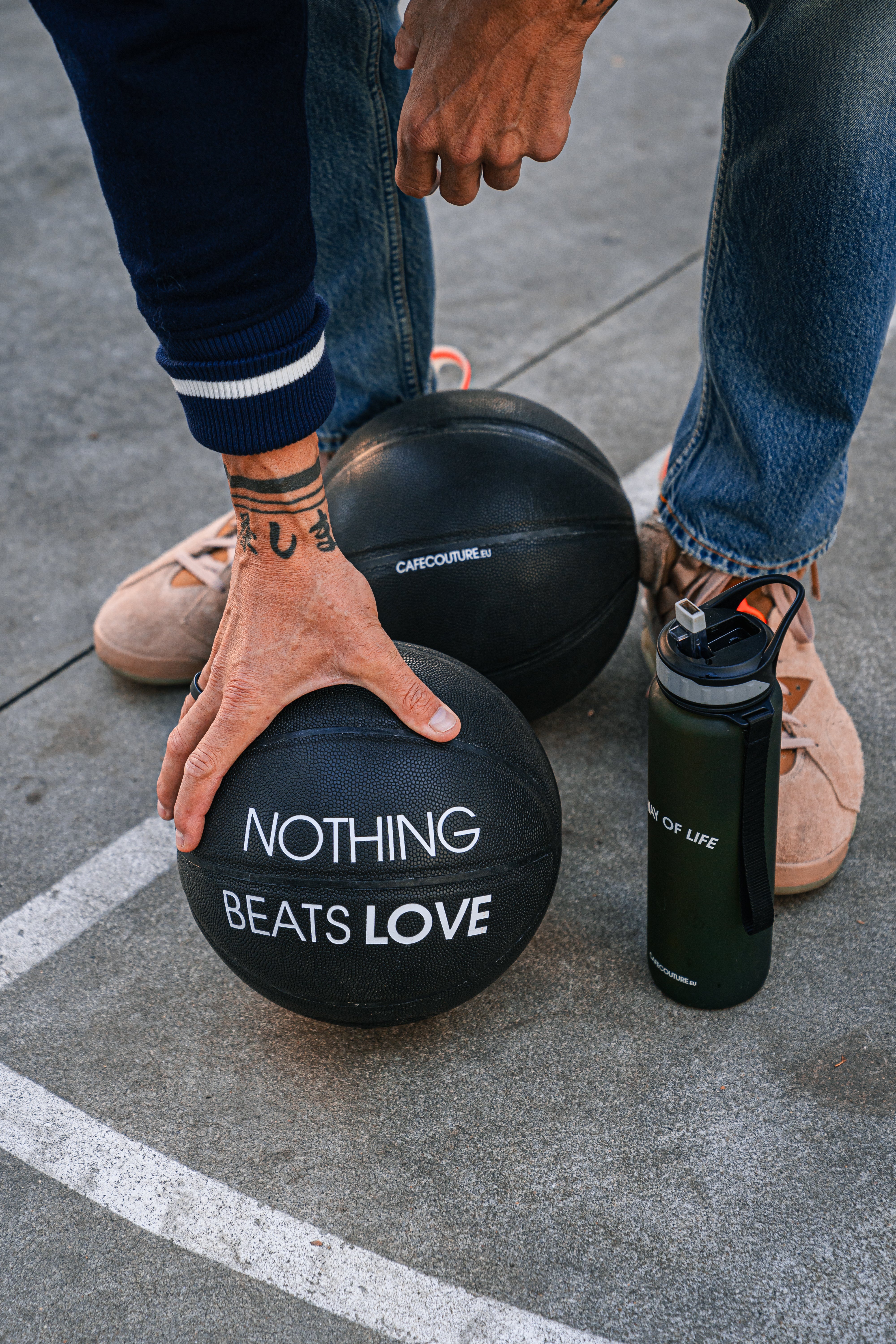
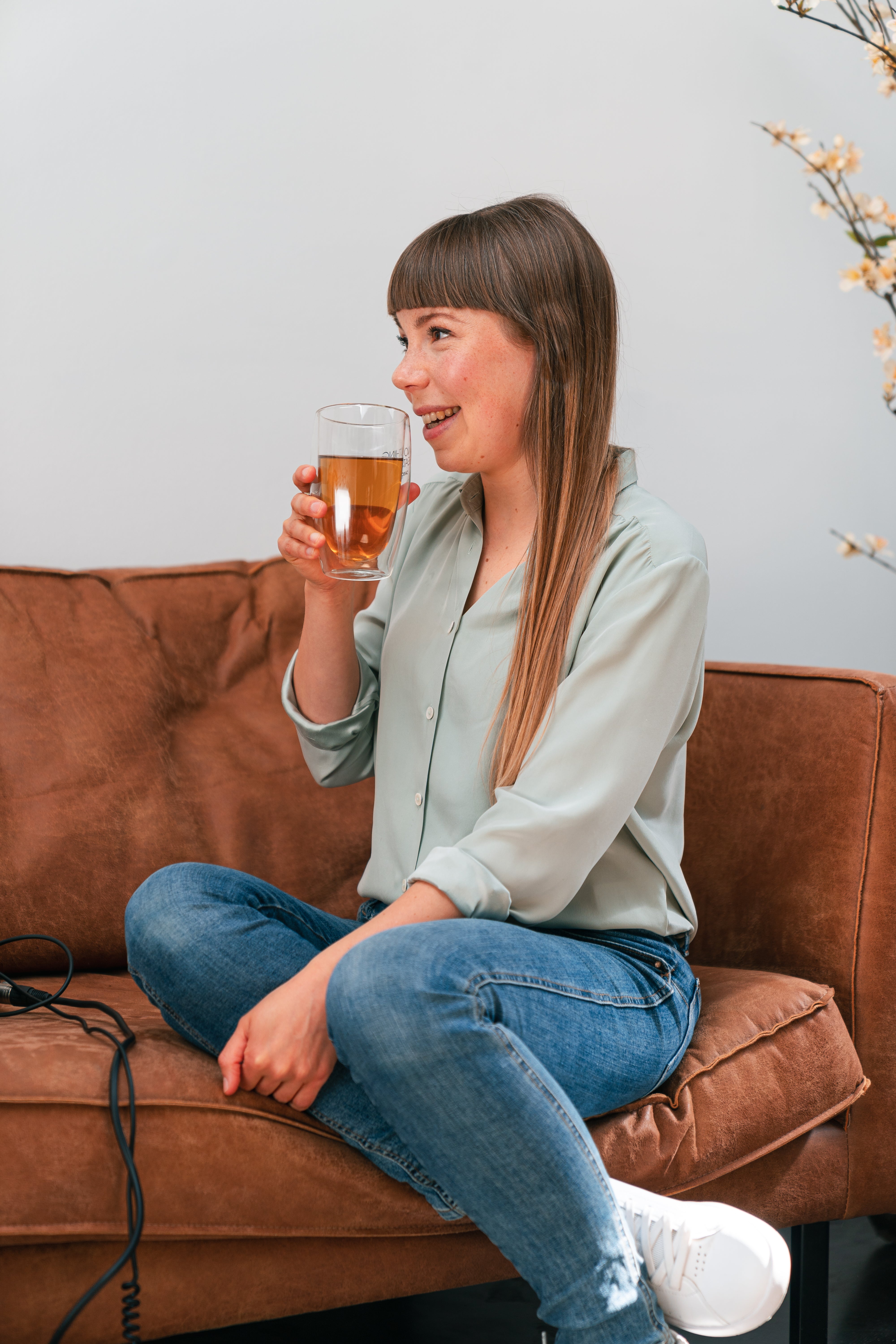
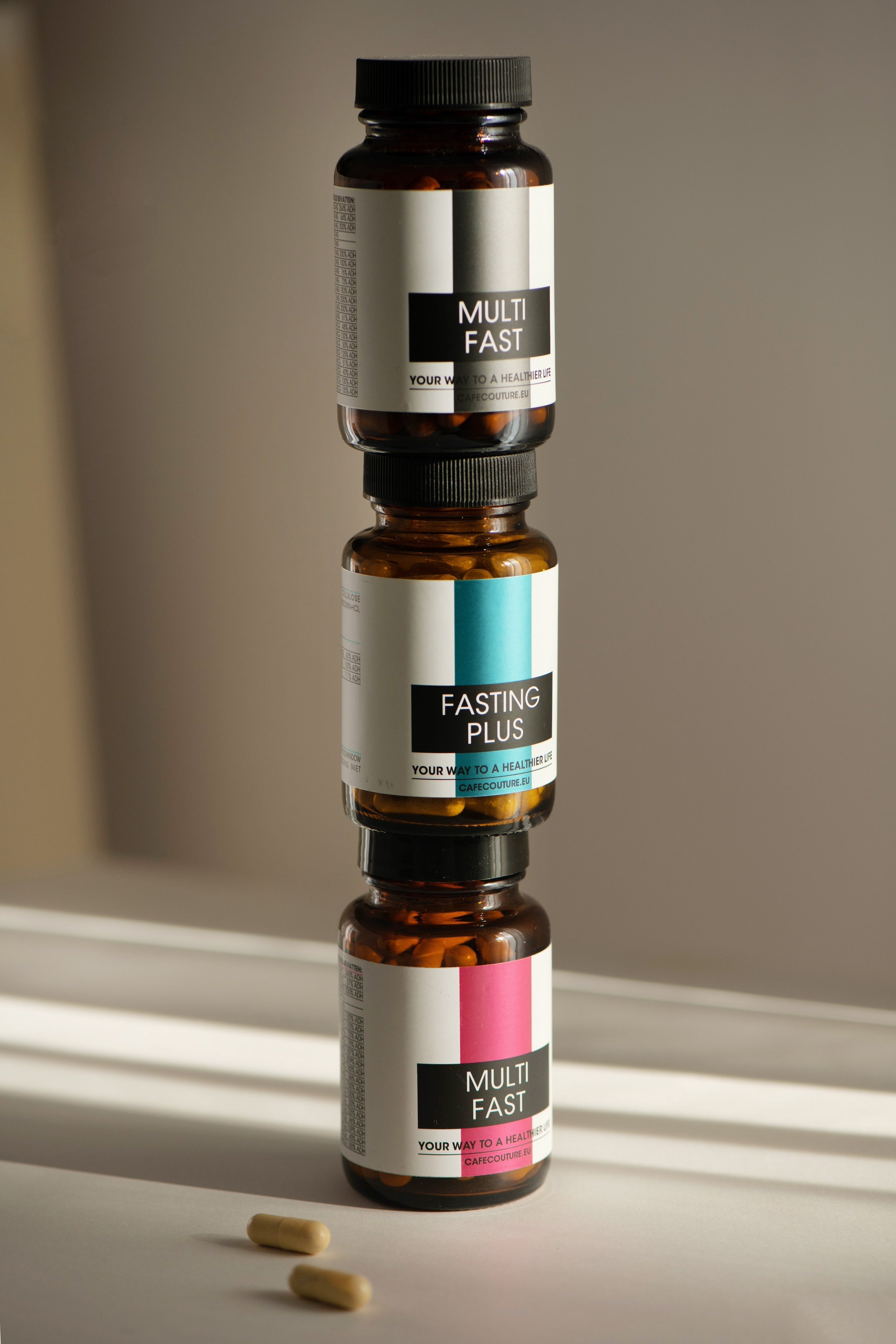
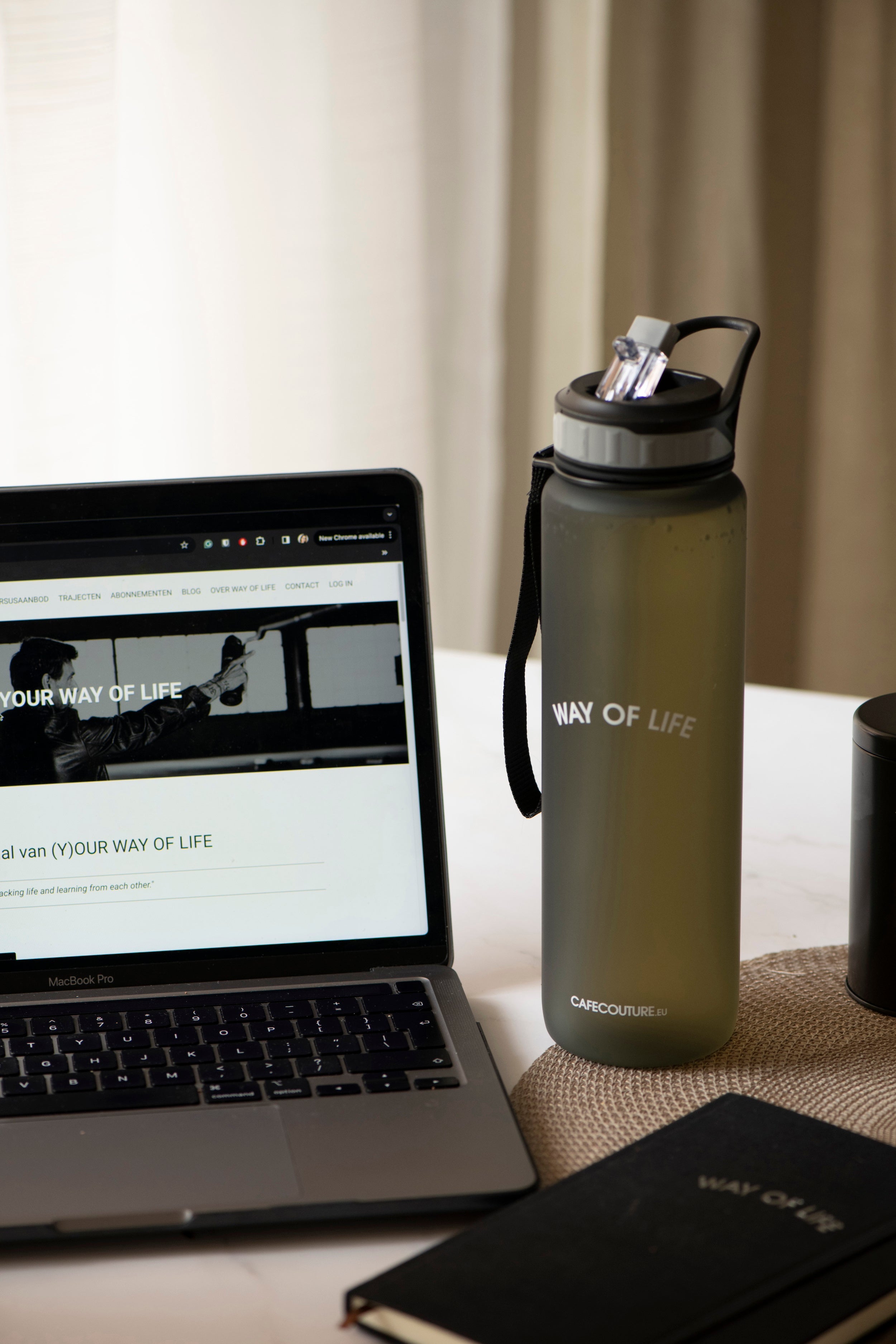
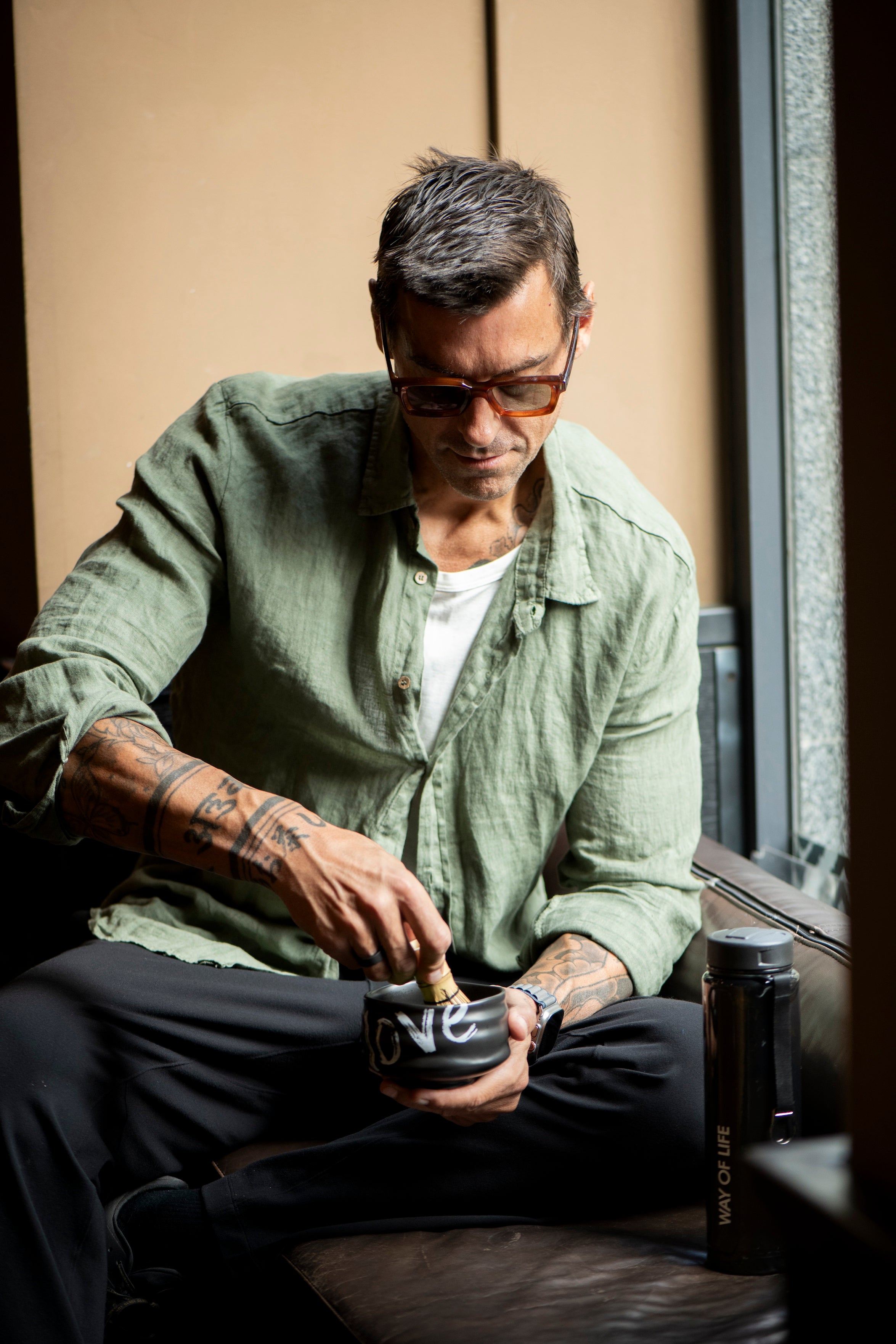
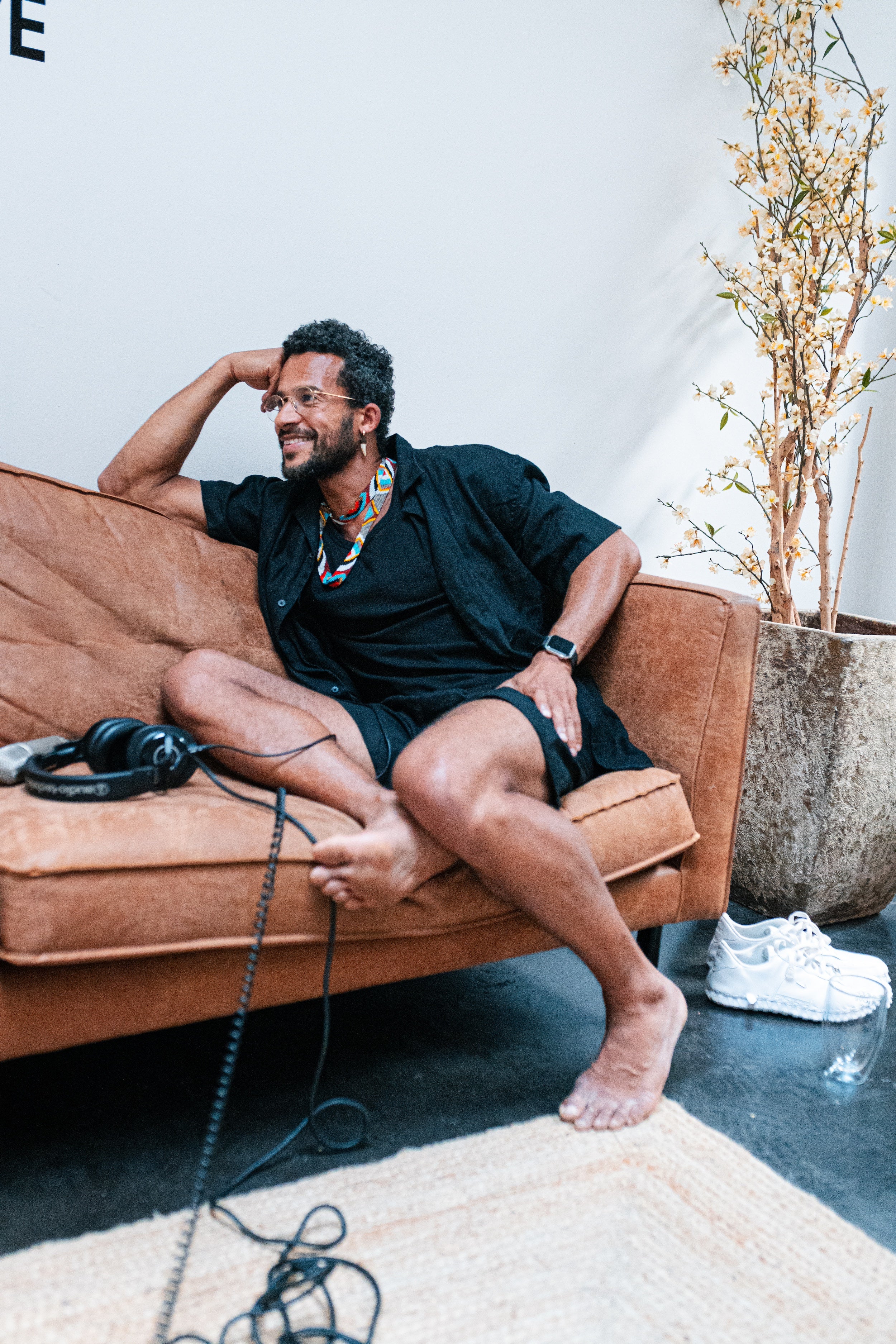
Leave a comment
This site is protected by hCaptcha and the hCaptcha Privacy Policy and Terms of Service apply.